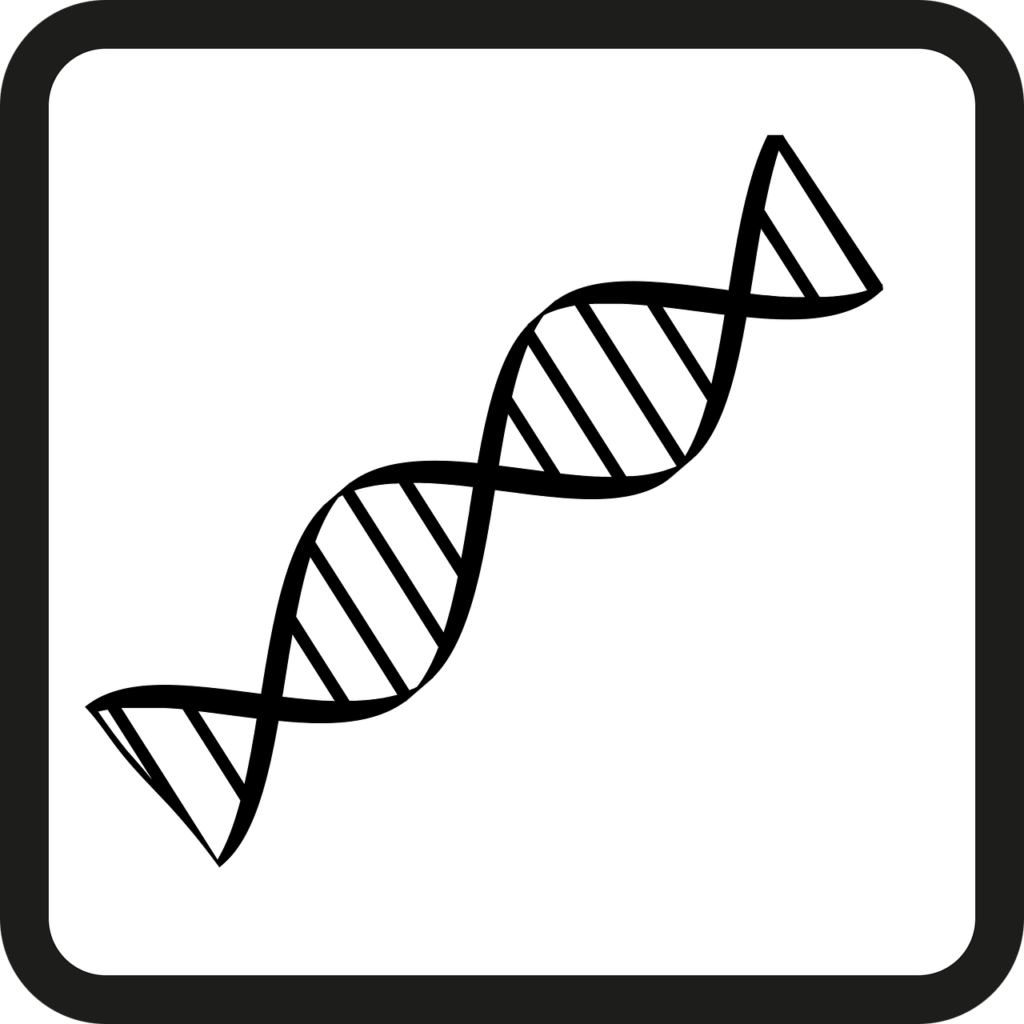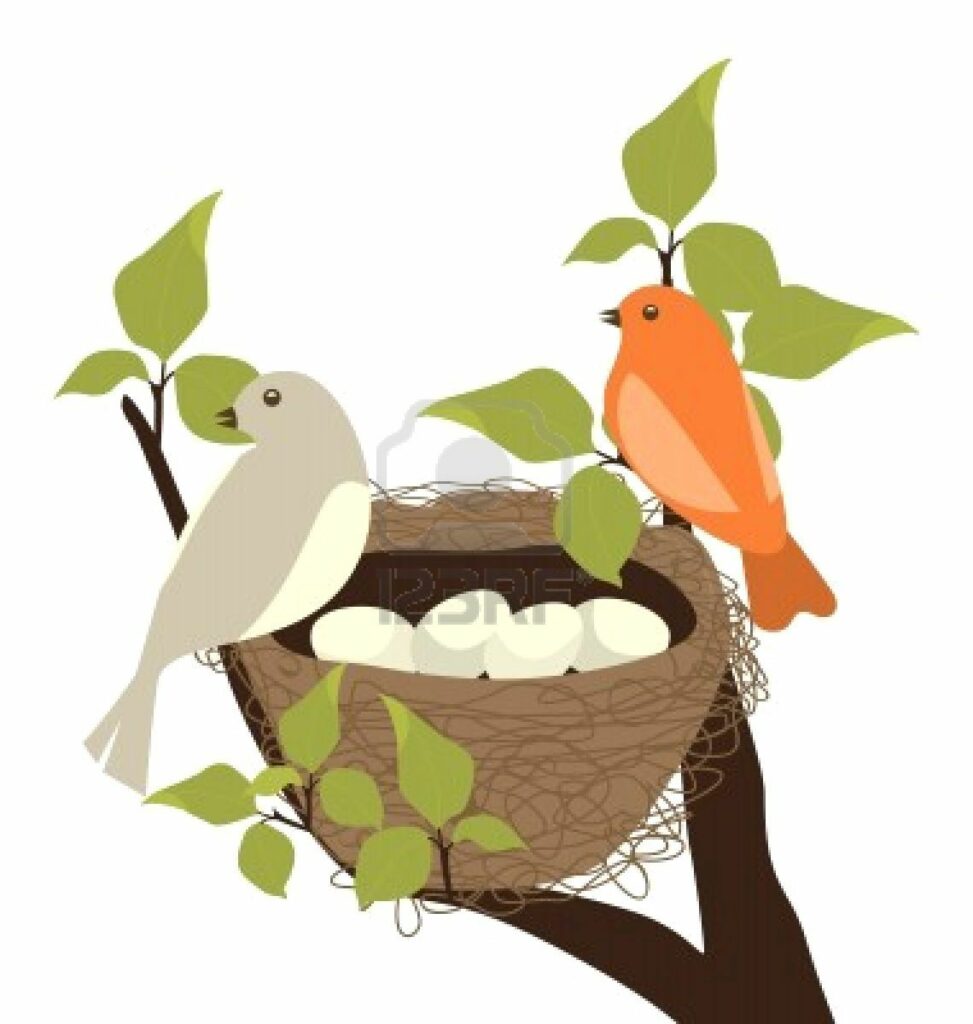INTRODUCTION
PATHS TO POLITICAL PEACE, The Genetics Underlying the Psychology of Politics –and the Path to Political Equilibrium
by Melvyn Lurie
Introduction
Though some individuals, institutions, and companies thrive on partisanship, most of us are tired of it. We’re exhausted and sometimes, if not often, disgusted by the seemingly endless onslaught of political confrontations and conflict throughout our country, right down to local communities. Political discussions and debates are quickly becoming a thing of the past– replaced by misinformation, emotional outbursts, and even threats to human life.
As our political discourse becomes more unproductive, we’re moving unwittingly closer to a critical tipping point–one we might not be able to survive as individuals, as a nation, or even as a civilization. It’s becoming increasingly difficult to find people who believe we have more in common than we have differences. It’s becoming increasingly difficult to find people who believe we can all work together for the common good. It’s becoming increasingly difficult to find people who care or are willing to try.

What Causes the Currents That Cause the Ebbs and Flows of Politics
Hope is about to become a casualty of our ongoing war on common courtesy and common sense–and, if hope dies, democracy will follow. This book is meant to help prevent that disastrous outcome.
I’m not naive enough to believe any one person or book can put an end to war, political or otherwise. But I do believe we can come back from the brink of the crisis we’re quickly approaching as a country before it’s too late.
How did we get here and what can we do? My background inspired me to look to science and nature for a solution.
I have experience in politics on both a local and national level, including serving as a field director for a U.S. presidential election. I spoke on the same stage as two future presidents.
However, what I believe has most enabled me to understand politics is my experience in genetics, which began with studies at Johns Hopkins University, followed by Harvard Medical School, where I won the Leon Reznick Prize for Research.
That experience was enriched by my fellowship at the Pasteur Institute in Paris, where I participated in seminars led by Nobel Prize winners Watson and Crick, the discoverers of the structure of our genes, DNA. That seminar also included sessions with Nobel Prize winners Monod and Jacob, who considered that there must be a way genes send messages to the rest of each cell. In the process, they discovered mRNA (messenger RNA).


In my quest, I have benefited from my time as a practicing psychiatrist, which has helped me understand and appreciate even greater depths regarding human NATURE/biology, and what all of us have in common.
What I discovered is different than what you’ve seen and heard from others who are knowledgeable about psychology and political theory–not to mention the superficial news media. My frustration with their weather-worn explanations spurred me to dig deeper and conclude that the best government is one most aligned with human NATURE/biology. So many people define human NATURE, that it has become meaningless. What’s better is to understand how NATURE/biology defines it.
Fundamentally, IN ORDER TO UNDERSTAND SOCIETY, CIVILIZATION, and HISTORY, WE MUST UNDERSTAND THE BIOLOGY OF SOCIETY, CIVILIZATION, and HISTORY.
WE MUST UNDERSTAND THE BIOLOGY OF SOCIETY, CIVILIZATION, and HISTORY.
WE MUST UNDERSTAND THE BIOLOGY OF SOCIETY, CIVILIZATION, and HISTORY!!
To do so, I begin by drawing parallels between our human species and animal species.
I continued my quest for political peace in this book with the BIOLOGICAL basics: genes. After all, genes make the brain, and the brain makes our psychology and even our ideologies. The problem is humans are complicated. In this case, however, the complications are mainly cultural. To sift out what was fundamental, I studied lower species. After all, that is how we learn about our complicated biochemical processes. Why not use this approach to learn about what drives us individually, culturally, and politically? As it turned out, to my surprise, the answer was simpler than I had expected.
One thing that quickly became clear to me was why the issues of today are grouped as they are. It seems almost obvious, as that is the grouping we see. However, it is important to take a deeper, more scientific, look at the grouping. So, why do law and order, a strong military, the economy, and tight borders clump in one side of the political spectrum, while healthcare, the environment, education, equality of result, and care for the underdog, racism, and abortion clump on the other side? And why do some of us gravitate toward extremism? The answer isn’t Facebook or Fox News. The answer is in our DNA. In other words, if we want to inspire a ceasefire in the political war we’re all part of, we need to take a big step back and look at simpler species, as they do not have culture. That is, in them, what is relatively constant from generation to generation is determined only by their genes. Only then can we parse out which of our human behaviors are determined by genes, and which are caused by cultural manifestations of them.



What’s most fascinating to me is that most human beings value the same things–such as the issues listed above. The difference is that they “simply” do so to a different extent. Understanding that is instrumental in moving one step closer toward peace. So is having a better understanding of the origins of our individual and collective values and morals. Crucial is having a better understanding of why we have emotions in the first place, as well as the most peaceful and productive way to manage them. This book also explores the failings and failures of other civilizations, and why we’d be foolish to continue trying to ignore our genetically inherited mechanisms selected naturally over time that have made us who we are.
First, we must understand just how natural selection works. While traditional use of the term natural selection has been in genetics, it exists in many spheres of life. For example, a business that is well adapted to its economic and social environments and thus provides people with useful products or services, will attract people who want them. This business will survive. In some ways, it even may reproduce, as with a chain of stores. On the other hand, a business poorly adapted to its economic and social environments is one that does not produce what that environment wants enough to trade something it values, money, for it. That business will become extinct.
Another aspect of natural selection is that it is natural–as opposed to artificial selection. An example of artificial selection that can help explain it is in the breeding of animals. The breeders decide which offspring will survive–those with desired traits–while the others are cast aside. This type of artificial selection is also seen in systems of government, ones that decide what people want, whether they do or not.


PATHS TO POLITICAL PEACE seeks to re-establish political balance. After explaining the underlying genetics of society, politics, and civilization, it takes on each of the most controversial issues of the day, from immigration to racism, from law and order to the environment. Finally, this book applies the genetic principles leading to the imbalance of society, hoping it will offer a heretofore unknown perspective on society, politics, and even civilization.
I hope you enjoy this exploration of the genetics underlying the psychology of partisanship — and, more i mportant, I hope it gives you a deeper understanding not only of how we got here, but, more, what we can do about it.

